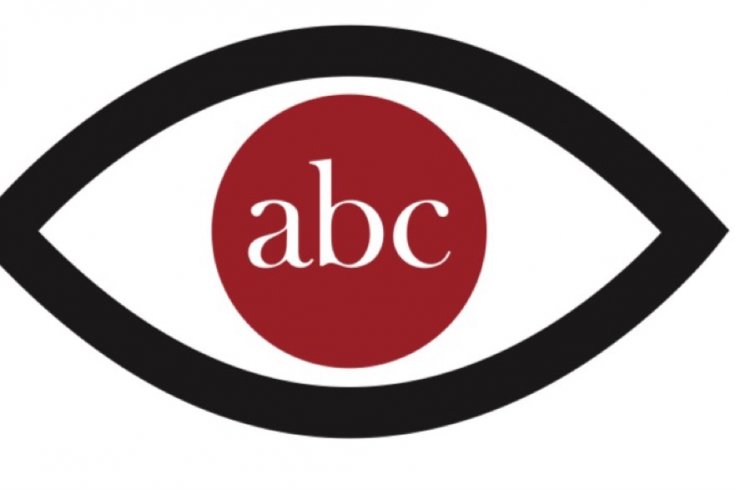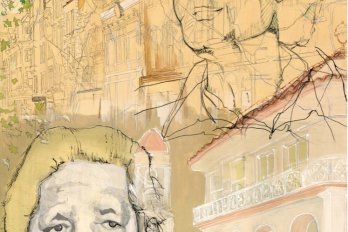
North America is lucky. As two polities tied to Britain, one war-like and fit to be tied, the other much less so, the continent was settled after the notion of childhood had been invented. In Britain, the idea that children were not simply small, noisy adults predated the Industrial Revolution, but this realization was subordinated by the massive need for cheap labour. As readers of Charles Dickens know, youngsters, at least the poor ones, were sent into the dark satanic mills and, in graphic examples of the annihilation of childhood, sometimes hanged in public squares for petty crimes.
At the same time, the children of the well-to-do were packed off to the few available schools. Nonetheless, the idea persisted that all children had particular needs, one of which was education. This advanced thinking survived the ravages of the machine age and was transported across the Atlantic, where, with note-worthy exceptions (e.g. blacks), the privilege of schooling was extended to the underclasses. By the dawn of the twentieth century, near universal schooling led to dramatically increased literacy rates. More importantly, the public school was considered a crucible of democracy, a necessary if not sufficient condition for societal evolution.
A century of progress later, this founding principle is in jeopardy. Ignored during the recent federal election campaign, education has been conveniently left at the table of provincial responsibility.
Post-World War II, the real social safety net was an economy that bloomed into the 1970s. It was a bay of plenty, and middle-class parents procreated and procreated again – four, five, six times – believing that all their children would find soft landings. With healthcare for all and jobs aplenty, to experience “bad teachers” and rub shoulders with kids from the other side of the tracks were considered proper rites of passage for a still unequal and unfair world. In that heyday of public schooling, class differences were ameliorated, and at home, parenting was more relaxed. I remember well my father thundering, “How many of you are there?” “Four,” we would thunder back. “Any good ones?” Determined to get the last word, “Not really,” we would reply.
It is different today. Control has replaced laxity. In a climate of fear (of terrorism, hordes at the door, sexual predators), and with the return of normal business cycles, little is left to chance. With both parents working – as mavens of law, communications, or dentistry, looking at resumés for entry level positions and saying sotto voce “I would have never been hired” – and less able to “value add,” it is about having two kids and hardwiring them for fierce competition. Inside the womb, they are “schooled” on the three Bs: Beethoven, Bach, and Brahms. Once baby is delivered, breastfeeding is de rigueur, as is reading myriad parenting books that have turned “the formative years” into a body of knowledge. When school age hits, the still-little charges must be protected from the multicultural, multi-class, and multi-ability bacchanal that many believe is your typical public school. For peace of mind, parents of means are opting for the small class-rooms and care of private sanctuaries.
Over the past twenty years, as the state ceded to the increasingly individualistic demands for healthcare services, governments across Canada ignored or encouraged (e.g., Ontario, under the Tories, offering tax credits against private-school tuition; the charter-school movement in Alberta) the mission creep of private schooling – the second tier – and one at least as corrosive to democracy as private healthcare clinics. Left unchallenged, private schools will take from public education the two things critical to its success: an active and participating middle class, and the possibility of fortunate children befriending those less fortunate.
I can hear the complaint: “We pay public school taxes and private tuition. Isn’t that enough?” It is a justifiable grievance. Unfortunately, as I confirmed by talking to teachers last spring during a coast-to-coast literacy tour, this “buy-out” is not enough. Small schools,public or private, where students’ first names are known by all or the majority of staff, function well. With rare exceptions, schools with teeming thousands become factories where processing takes precedence over nurturing, management over education; that is, they are forced to adopt the industrial models that public schooling originally sheltered children from.
In its history, the United States has the clear words of the Brown vs. the Board of Education decision: “separate is inherently unequal.” Canada has Egerton Ryerson and others who knew that beggaring public education means beggaring democracy. In the absence of federal statutes governing education, as the Canada Health Act governs medicine, public schooling has suffered the wounds of a thousand provincial cuts. The result is that class is back and child-hood in the factory schools is disappearing. You get what you pay for, now or later.



